The Challenge of Taking Time Off
The unexpected challenge of taking time off from your creative project
When I decided to follow the advice of Steven King and take a six week break between my current book proposal chapter draft and my next draft, I had no idea I’d be dropping into a void fear-filled thoughts.
What if I can’t find the magic? Why did I think I could write anyway? Does the world even need this book? Why start with a book, so many other writers start with short pieces and first rack up a stack of rejections, can I really do this?
For the past two years when I stopped working on one book I immediately jumped to another book. That stopped any of these thoughts from surfacing.
It takes courage to be creative
As writer, producer Kenneth Atchity, author or Writer’s Time, says “Writing is reexamining values, and nothing produces more anxiety for the human being than reexamining widely accepted values and searching for a way of justifying and articulating the reexamination.”
When we stop and really think about what we are doing random thoughts that are less courageous might surface.
This is how I help others quell those thoughts and how I tried to help myself these past few weeks as my mind was starting to bounce around to places that were less than productive.
Eight Common Obstacles to Creativity
I have identified eight common beliefs that get in the way of creating and sharing our work.
These are related to:
Time
Expectations
Information
Process
Past Pains
Schedules
Experience
Capabilities
Generally our negative thoughts revolve around one or more of our beliefs related to the categories above.
If we want to get out of fear and back into joy it helps to ask ourselves two questions:
Why & How
I went through this process recently with a friend. She was feeling a lot of stress because of life changes that were imminent: buying a house and all the steps that go into that purchase; updating her visa and all the legal efforts and timing considerations; and managing a full workload.
When we spoke she was already worrying about her job opportunities two years from now because of her lack of publications in the U.S.
So how did talking about Why and What help her make an easy plan to get published? And how did it help me reengage with my video art project while I take my remaining four weeks off from writing my book?
WHY
We ask why to help uncover the errant thoughts that clog our mind with self-doubt and criticism. We find them, acknowledge our pain and doubts, and forgive ourselves. This releases energy so we can move on to what.
For example, when we looked at my friend’s whys, it included personal time commitments that were important to her, raising a healthy and happy daughter, and unforeseen challenges that took emotional energy and time.
In my case, I recognized that only five years ago I wasn’t comfortable writing in my own voice, just a year ago speaking even to a small group gave me high anxiety that took weeks to overcome. I had to recognize how far I’d come in terms of showing up and sharing my thoughts. And while I haven’t found the magic in this current draft, I’ve faced this challenge before in filmmaking and was able to figure it out so I can use those skills to figure it out for writing.
Asking why can bring up unspoken pain, goals, expectations, assumptions around capabilities. Bringing them into your mind lets you see them, experience them, and bring care and attention to them.
You can even go a step deeper and ask yourself, why did I think that was a good idea. This can help you remember your initial goals. It can also help you assess your earlier decision making process. And it can help you uncover assumptions that may have been relevant at the time based on your knowledge but may have proven to be wrong. With this knowledge you can make adjustments going forward.
WHAT
After you’ve surfaced your whys, you can look at what you can do next.
For my friend, she has spoken at several conferences so she has work that she can relatively easily repurpose into an academic article. Doing this would help her feel she is on the way to strengthening her CV for the next step in her career.
For me, I realized I needed to find a better way to organize my notes. That in itself was initially overwhelming because I started thinking about why I didn’t do this two years ago! But I didn’t have the information two years ago.
I also jumped back into my video art project, Park Project Berlin, and have started to edit videos that I put on pause when I started writing in 2020. It feels good to have another creative project and one where I can finish sections in weeks rather than years.
I’m currently offering Complimentary Curiosity Coaching Sessions, where I help you remove creative obstacles and identity your next step toward sharing your work.
Sign Up Here: Curiosity Sessions
